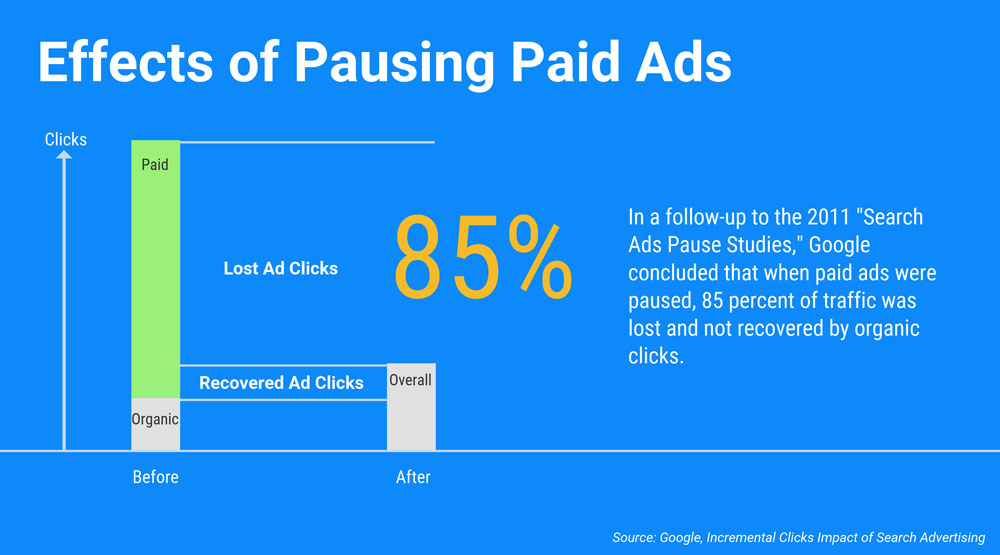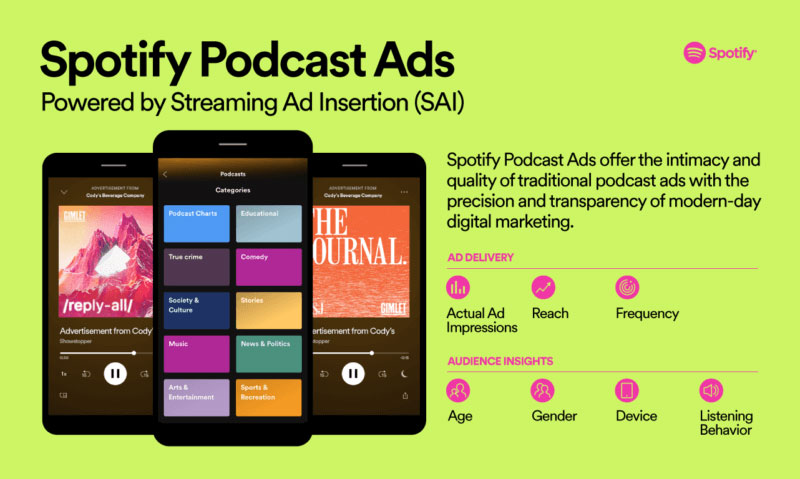Digital Recap: Can I Ditch Branded Paid Search?
Here are the latest digital marketing news and trends for the week of January 10, 2020.
Can I Ditch Branded Paid Search?
If a business stopped bidding on their brand keywords, could it rely solely on organic search to pick up the slack? It’s a question that comes up with regularity from brand marketing teams as well as SEM experts looking for an edge. Location3 CEO Alex Porter shared his take on the strategy. Here’s an excerpt from Part 2 of our 3-part series on brand search strategy:
“Every search query has multiple variables at play. These variables combine to return a search environment that has a substantial effect on the user’s behavior. When a brand forfeits its ability to control those variables on its own brand terms, it forfeits its ability to influence a customer that’s likely near the point of conversion.
When a company protects its brand terms, on the other hand, it creates a search environment that’s heavily weighted toward its success.”
Read all of Part 2 for further analysis and insight on protecting your brand terms. For a look into the legal ramifications of competitor keyword bidding, Part 1 is also available.
Report: 25% of American Adults Own a Smart Speaker
About 1 in 4 Americans now own a smart speaker, according to a report from NPR and Edison Research. That amounts to 60 million Americans over the age of 18 who own a total of 157 million speakers, a 32% increase from the past year.
This report further emphasizes the public’s comfort with voice-activated devices. From virtual assistants to smart speakers, people are frequently using these devices and often using them for research and decision-making.
While voice search has been around for a few years now, brands and marketers are still wrestling with how to take advantage of an arena that’s borderline mainstream. Google’s BERT update is another sign pointing toward a voice-based playing field. That feeling-out process is somewhat unusual in a marketing environment that’s usually quick to adapt.
Businesses that are already incorporating voice search optimization best practices — including leveraging Google My Business, using conversational language in content, and optimizing for rich snippets, among others — will be best equipped to capitalize in 2020 when the use of voice-activated devices will likely increase again.
Spotify Introduces Tools for Podcast Advertisers
Podcast advertisers and publishers will now be able to view impressions, frequency, reach, and audience demographics for their ads on Spotify. The popular audio streaming service announced on Wednesday a new suite of marketing tools that will provide data based on its users’ profiles.
Spotify, unlike most podcast aggregators, requires a login that gives them basic information about the user as well as the user’s listening habits. This gives it unique access to data that’s eluded podcast advertisers in the past.
Traditional podcast ads are commonly read by the podcast hosts which serves as a form of influencer marketing. Spotify Podcast Ads, the official name of the ad offering, will offer a similar ad environment combined with data-driven targeting to improve the ad experience. Spotify reports that one early adopter saw an increase in ad recall of 180%.
This sounds like a slam dunk for marketers in an exploding medium, but as of now, the data is only available to Spotify original podcasts or its lineup of exclusive podcasts. That limits its possibilities to an extent, but it’s reasonable to assume Apple and other podcast aggregators will follow Spotify’s lead.
Stay In Touch.
Subscribe to our monthly email newsletter.



